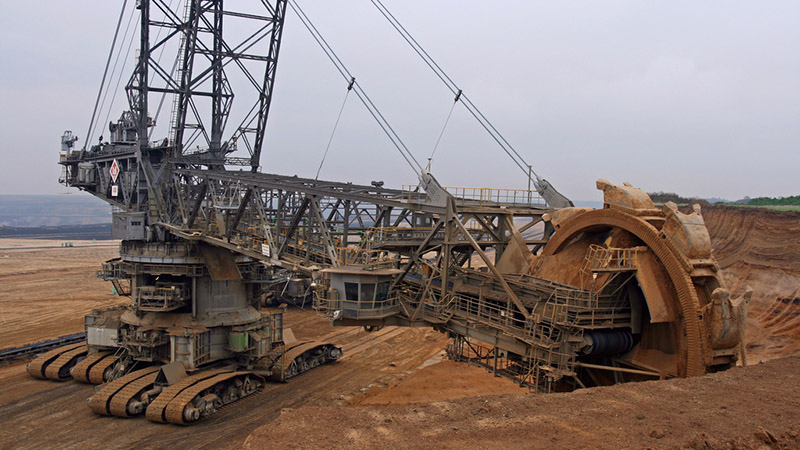The fate of some of the EU’s most polluting assets is in the hands of the Swedish government.
It will decide imminently whether to give the go-ahead to state-owned utility Vattenfall to sell its German lignite mines and plants to Czech firm EPH.
Lawmakers from the opposition Liberals and Left Party criticised the deal in a debate on Tuesday, warning it would lead to more coal burning.
“If the coal is taken out from the ground and burned we will destroy the climate,” said the Left Party’s Jonas Sjöstedt. “If the coal is left in the ground there is still hope to save the climate.”
He argued EPH was not a responsible owner, noting its links to tax havens, and said Vattenfall should oversee closure of the mines instead.
Report: Vattenfall takes US$3bn hit to exit German coal operations
Mikael Damberg, the Social Democrat minister responsible for the decision, emphasised the benefits of the prospective sale.
Vattenfall expects to lose US$3 billion in the transaction, but he said the longer term costs of keeping the carbon-intensive plants would be higher.
Greenhouse gas emissions from the lignite operations were for Germany to tackle, his party colleagues added.
The Green Party, which is part of the ruling coalition, expressed ambivalence. Energy spokesperson Lise Nordin said coal should be phased out no later than 2030, but deferred to the government assessment on whether to allow the transaction.
Protest outside Swedish parliament draws a climate #redline against the sale of #vattenfall‘s coal. #låtkoletligga pic.twitter.com/tiiA6fz45s
— 350.org Europe (@350Europe) May 24, 2016
Concerns about the mines’ future were echoed by climate analysts and protesters in Stockholm and across Europe.
Activists in the spectators’ gallery were removed after shouting “leave coal in the ground” and squirting what looked like ketchup on politicians, Associated Press reported.
There were also demonstrations outside the parliament building and Sweden’s embassy in Berlin.
Sweden aims to be carbon neutral by 2045, while Germany is targeting a 95% emissions cut by 2050.
Yet Berlin is expected to miss its 2020 goal, partly as a result of continued reliance on coal for power generation – 44% of the mix in 2014. Mining regions and companies are resisting talk of a phase-out.
Climate scientist Hans Joachim Schellnhuber of the Potsdam Institute urged the two countries to work together on an economic transition plan for Germany’s coal regions.
“Sweden and Germany must not squander this opportunity to show joint leadership on climate change,” he said.
A failure to eliminate coal in Europe’s economic powerhouse will have international repercussions, others added.
World Bank: Asia coal power plant plans are ‘disaster for climate’
“Lignite coal-fired power stations will almost certainly bust Europe’s carbon budgets if they are not decommissioned promptly,” said Ben Caldecott, director of the sustainable finance programme at the University of Oxford’s Smith School.
“If European countries fail to close very old coal-fired power stations quickly, how can they expect emerging economies with much newer coal-fired power stations to follow suit?”
They would also lose the moral high ground with Australia, said Will Steffen of the country’s Climate Council: “Selling Vattenfall’s German brown coal mines for expansion and use rather than shutting them down would give climate laggards like Australia an excuse to expand their own illogical and uneconomic coal projects.
“Sweden has always been admired internationally as a pioneer of climate action – it should not consider wrecking this reputation lightly.”
